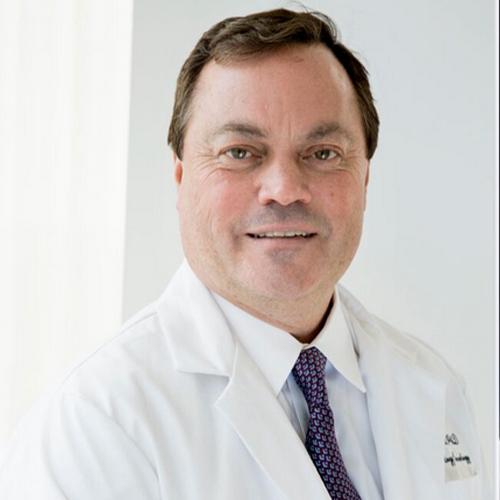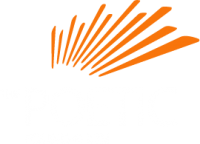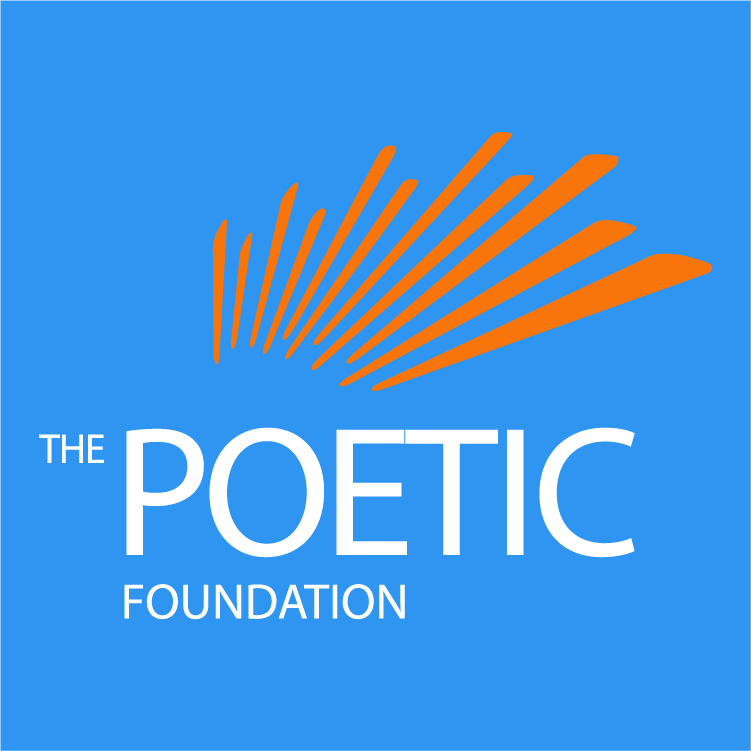David C. Lyden, MD, PhD
DIRECTOR

Dedicated to finding a cure to provide children with cancer the hope to live.
Pediatric Hematology-Oncology at Weill Cornell Medicine
Dr. David Lyden is a Stavros S. Niarchos Professor in Departments of Pediatrics and Developmental Biology at Weill Cornell Medical College.
Early work in Dr. David Lyden's laboratory resulted in several fundamental discoveries that involve the role of bone marrow-derived stem and progenitor cells in tumor vasculogenesis and in metastasis.
Dr. Lyden and colleagues subsequently identified two bone marrow-derived cell types, endothelial progenitor cells (EPCs) and hematopoietic progenitor cells (HPCs) of myeloid origin that both participate in the formation of new blood vessels in the primary tumor that occurred by vasculogenesis as opposed to angiogenesis.
Dr. Lyden's laboratory then went on to show that secreted factors by the primary tumor prime certain tissues for tumor cell engraftment.His laboratory defined the concept of the "pre-metastatic niche". At the pre-metastatic niche, newly recruited bone marrow-derived myeloid progenitor cells collaborate with other cells types residing in the tissue parenchyma. Together, these cells provide a platform of pro-inflammatory molecules, such as S100 family members, growth factors, matrix-degrading enzymes (MMP9) and adhesion molecules (fibronectin and laminin), thereby accelerating assembly of the metastatic lesion.
Dr. Lyden's team investigation has led to his discovery that tumor-secreted microvesicles, known as exosomes, initiate pre-metastatic niche formation by educating stromal cells and bone marrow progenitor cells, thus supporting a pro-metastatic microenvironment. His laboratory has identified key proteins and the presence of nucleic acids in exosomes that support thrombosis generation and pre-metastatic niche formation.
Recently, his lab has identified the role of tumor exosomes in organotropic metastasis, or why cancer spreads to specific organ-sites.


